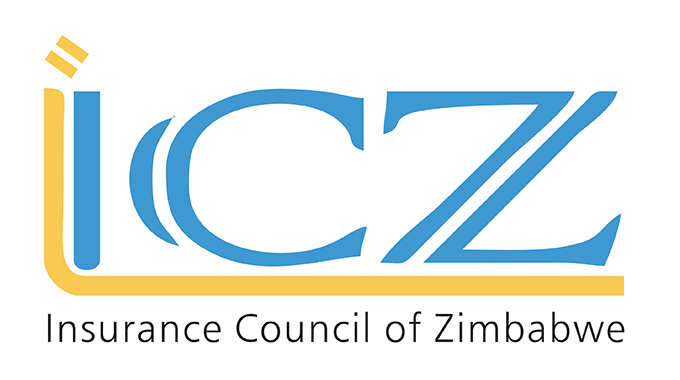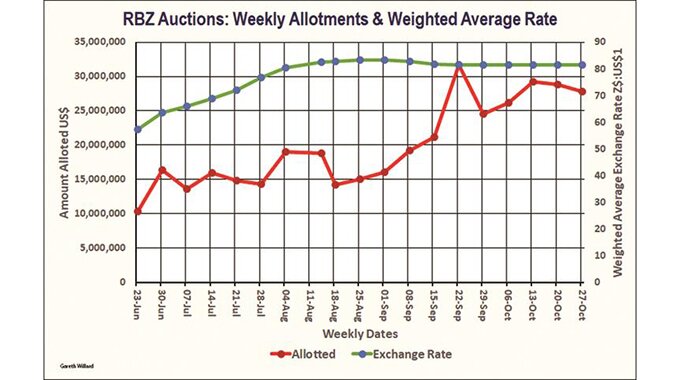Golden Sibanda
Senior Business Reporter
FINANCE and Economic Development Minister Professor Mthuli Ncube on Friday said Government has no intention to change its policy on the mono-currency and will introduce stiff penalties against those who violate this position.
Minister Ncube said the country was in transition, after just over a decade of using the multi-currency system, but everyone will eventually embrace the domestic mono-currency instead of the widely preferred US dollar.
The minister is on record as saying Zimbabwe will be a test case for de-dollarisation. Very few countries in the world successfully managed to scrap the greenback after adopting it as a currency.
The Treasury chief’s remarks come in the wake of widespread market indiscipline that has seen many economic agents charging for goods and services in foreign currency in view of high inflation and an unstable local unit.
Advertisement
However, this is tantamount to gross violation of the law as the Government removed the US dollar-dominated multi-currency regime last year and re-introduced a mono-domestic currency — the Zimbabwe dollar.
Government scrapped the US dollar amid crippling shortages of the greenback as its demand grew on account of the country’s increasing dependency on exports against a background of acutely subdued productivity across various sectors.
In an interview with Zimbabwe Newspapers Television Network (ZTN), Minister Ncube said Government’s policy position was that all economic players should use the domestic currency for all local transactions, except where special exemption was granted.
“Zimbabwe is in a mono-currency situation. We introduced the Zimbabwe dollar, which is the domestic currency of Zimbabwe. But we know that it’s taking time for Zimbabwe to adjust.
“Why? Because it’s difficult to have that silver bullet where everyone complies. Of course, as Government, we are enforcing compliance, we are introducing penalties for those who deviate,” the minister said.
Late last year, Government gazetted new rules to empower the Reserve Bank of Zimbabwe (RBZ) to arrest and fine people and businesses that continue charging their goods and services in any currency other than the Zimbabwe dollar.
It, however, seems the law is being flagrantly violated across the country due to the absence or weak enforcement given that this is now happening rampantly in public view, including among registered businesses.
Zimbabwe dumped the Zimbabwe dollar in February 2009 after its value had been ravaged by hyperinflation over the decade to 2008, with inflation peaking at 231 percent at the last official count before dollarisation.
During the better part of the dollarised period, the country’s inflation rate hovered in the lower quartile of single-digit levels.
Minister Ncube said Government was confident that the Zimbabwe dollar will be fully embraced soon.
Advertisement
The minister said no country in the world has succeeded in growing and transforming its economy while using a foreign currency.
“We will make sure that the US dollar is pulled back as a currency that people prefer to use. They shouldn’t do that, they are violating the law and we want to enforce the use of the Zimbabwe dollar,” he said.
The re-introduction of the Zimbabwe dollar, which is supported by Statutory Instrument 142 of 2019, is part of widespread reforms envisioned by President Mnangagwa’s administration under the Transitional Stabilisation Programme.
The Treasury chief said Government was also aware that many people preferred to use the US dollar partly because there wasn’t enough cash in circulation.
He said authorities were addressing this.
Currently, Zimbabwe has 50 cents and $1 coins, $2 notes and coins as well as $5 notes in circulation.
Minister Ncube said in the near future, Government will introduce higher denominations of $10 and $20 notes.
Since its introduction, the Zimbabwe dollar has depreciated from $2,5 to $17,50 against one US dollar on the interbank market.
As the domestic unit lost value, inflation took off, skyrocketing from 5,39 percent in September 2018 to 176 percent by June 2019.
Demand for the US dollar has continued ballooning as the appetite for imports, by both formal and informal businesses, remains elevated amid subdued production across various sectors.








